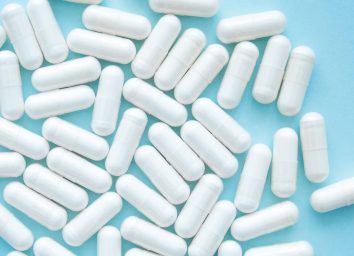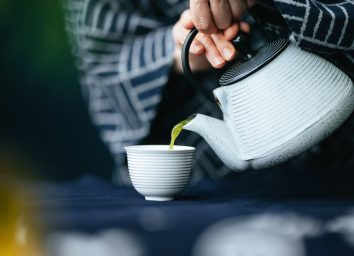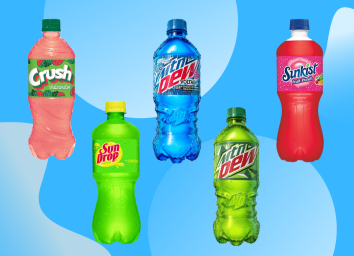The #1 Worst Drink for Memory Loss, Says Science
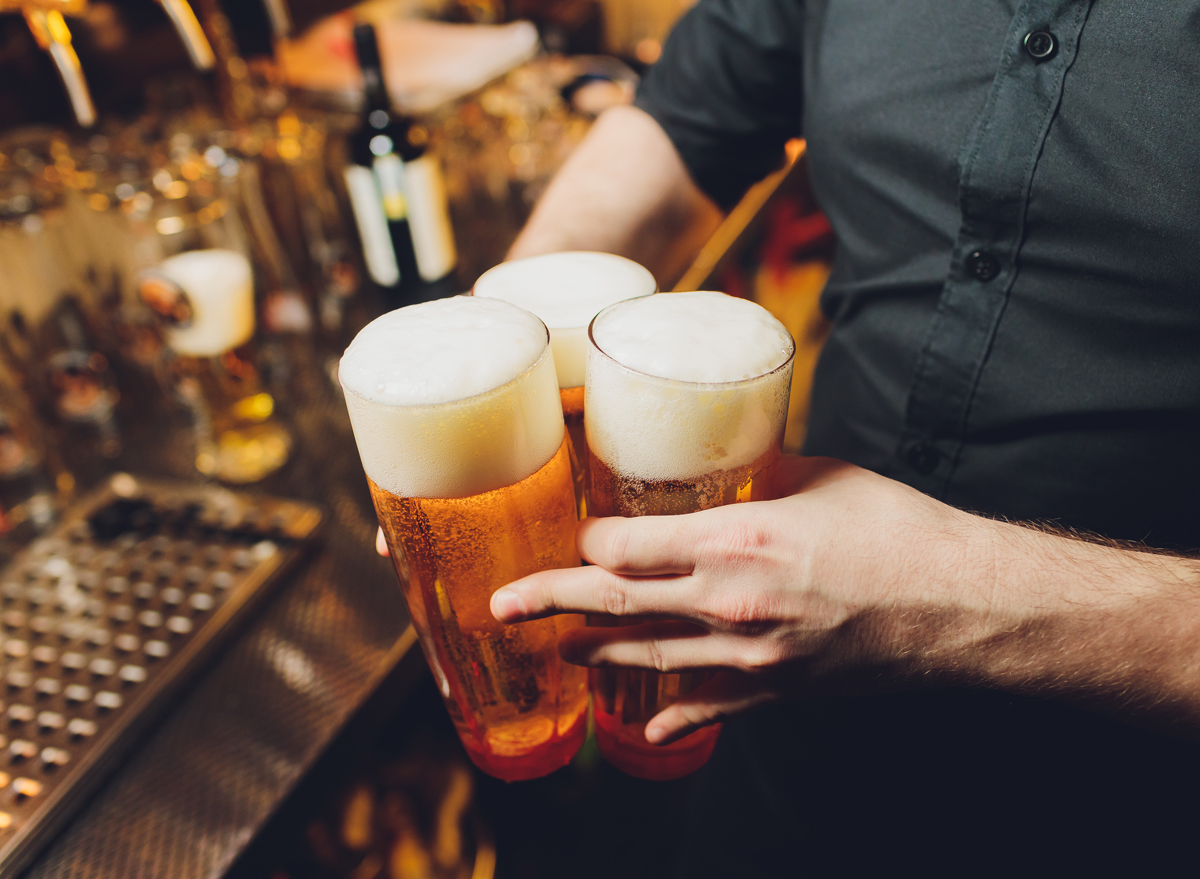
Your brain will change as you age, and there's unfortunately no real way of avoiding this. Throughout the years your brain will begin to shrink, and along with this will come some shifts in cognition and memory as well.
While you can't stop this from happening, there are things you can do like exercise, eat healthy food, and take certain supplements that can help slow down this naturally-occurring process.
If you're trying to choose healthier foods for your memory, things like fish, berries, and certain nuts can act as effective brain-boosting snacks.
But just as there are foods that are good for your brain, there are plenty of foods and drinks that can harm your cognitive health over time as well. And by far, one of the worst drinks for your brain and memory is alcohol.
How alcohol affects memory loss
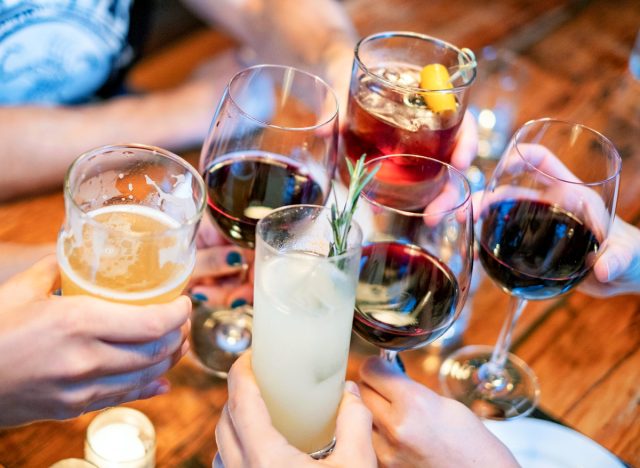
If you've ever heard the term "blackout" you're probably aware that there's a link between drinking alcohol and memory retention. But short-term memory loss via blackouts isn't the only side effect of drinking alcohol on your memory and brain health. Countless studies have linked drinking in quantities over moderate levels to increased risk of dementia, worse performance on memory, and lower cognitive scores.
One recent observational study published in 2021 found that there is no "safe" level of drinking when it comes to brain health. The University of Oxford researchers found that increased consumption of alcohol was associated with poorer brain health, as shown by lower volumes of gray matter with higher levels of alcohol intake. Gray matter is responsible for information processing and the release of new information.
"Brain volume reduces with age and more severely with dementia. Smaller brain volume also predicts worse performance on memory testing," lead author Anya Topiwala, a senior clinical researcher at Oxford, explained in an email to CNN.
Alcohol's effects on the brain as you age
As you age, alcohol's effects on your brain can reduce your performance on memory tests as well as put you at higher risk of brain-related diseases like Alzheimer's.
One JAMA Network Open study of dementia-free older adults found that consuming more than 14 drinks per week (or an average of 2 drinks a day) was associated with lower cognitive scores among participants aged 72 years and older compared to those who drank less than one alcoholic beverage a week.
And a large body of research has identified a link between individuals who drink heavily with a higher likelihood of developing Alzheimer's disease or any other form of dementia as compared to those who engage in moderate alcohol consumption.
Takeaway
You don't have to abstain from alcohol completely if you want to preserve your memory functioning. The JAMA Network Open study found that complete abstention from alcohol was also linked to lower cognitive performance in the same way that excessive drinking was, and low-quantity drinking was actually associated with lower dementia risk.
The Alzheimer's Society, however, notes that "the link between alcohol and dementia in non-drinkers is still not fully understood, and individuals who do not currently drink alcohol should not start as a method of protection against the development of dementia."
Current evidence indicates that adopting a healthy lifestyle—including drinking in moderation—is the best way to reduce memory loss and the risk of cognition-related diseases.
Read these next:
- The #1 Cause of Memory Loss, Say Experts
- The Worst Eating Habits For Your Brain, Say Experts
- The #1 Best Supplement For Memory Loss, Says New Study
